Research in Music
Our research reflects the diversity of the field of musicology and aims to engage with musical practices, communities and organisations beyond academia in countries worldwide. Collaborative work is key to what we do, and we aim to go beyond chronological, geographical and disciplinary boundaries and to challenge previous approaches to musicology. We also have a thriving community of PhD students who contribute to the research environment of the department through their ground-breaking research.

Our areas of research
Our research engages with a range of methodological approaches and with musical repertoires, cultures and practices from the medieval period to the present day. Our staff have expertise in the following areas: historical musicology, music analysis, film music, ethnomusicology, sound studies, feminist musicology, music technology and composition.
We aim to work across music’s sub-disciplines and with other disciplines in our faculty. Music staff are heavily involved in interdisciplinary research groups within The Open University, such as those concerning:
- Digital Humanities
- Gender and Otherness in the Humanities
- Literature and Music
- Medieval and Early Modern Research
We enjoy ongoing collaborations with external organisations, including the British Forum for Ethnomusicology, the Handel Institute, the Society for Christian Scholarship and Music, and the Equality, Diversity and Inclusion in Music Studies network.
How we work with others
The use of our research beyond academia is a priority for our staff and we welcome new partnerships and collaborations. Previous and current examples of our work in this way includes that with:
- Musicians: The Orchestra of the Age of Enlightenment has been an official partner of OU Music since 2016. Staff have presented lectures for the OAE’s concert series and have also contributed to the OAE’s videos.
- Curators, librarians and archivists: The development of the Cultural History of Glasgow Research Network has enabled the collaboration of academics and archivists in Glasgow, as well as informing exhibitions.
- Educators: Our research has informed the development of free online resources for A-Level music teachers. Staff have also acted as consultants on the development of the music school syllabi.
- Health and wellbeing practitioners: The project Tinnitus, Auditory Knowledge and the Arts is developing tools and resources for the British Tinnitus Association’s support groups in collaboration with the Oxfordshire Visual Arts Development Agency.
Our publications
Our publications reflect the breadth and strengths of our research. The most recent publications can be viewed in the listing below from The Open University’s Open Research Online collection (ORO). We believe research should be as accessible to as many people as possible – you can read some of our publications for free via publishers’ websites and ORO.
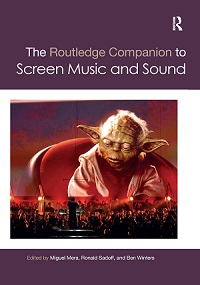
Recent BBC collaborations
Since the creation of the OU, our staff have provided input into the design and production process of a number of BBC television and radio programmes. Recent examples include:
- The Battle for Black Music: Paid in Full (BBC 2, 2024); consultant Dr Marie Thompson.
- Mozart: Rise of a Genius (BBC 2, 2024); consultants Dr Helen Coffey, Dr Naomi Barker.
- A History of Music and Technology (BBC Radio 6 Music 2019); consultants Dr Sean Williams, Dr Robert Samuels and Dr Alexander Kolassa.
- The Music of Time (BBC World Service 2017); consultant Dr Helen Barlow.
Selected current projects
The Listening Experience Database
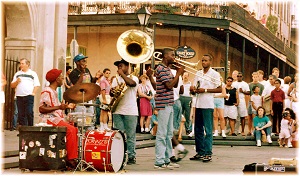
The outcome of two AHRC-funded research projects, LED is an open and freely searchable database that brings together a mass of data about people’s experiences of listening to music of all kinds, in any historical period and any culture.
George Frideric Handel: Collected Documents
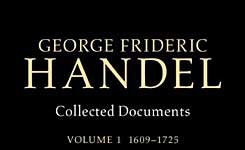
Enabled by grants from the AHRC and Handel Institute, the five volumes (CUP, 2013-) bring together the texts of all known references from Handel’s lifetime.
Women’s Musical Leadership Online Project (WMLOP)
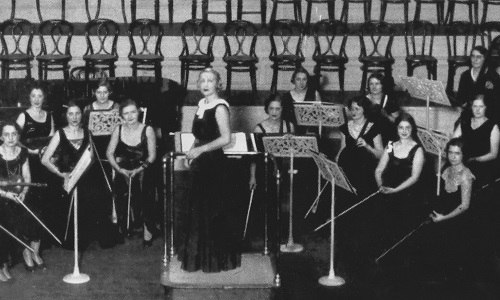
Musical leadership remains one of the most male-dominated musical areas. Although female composers, songwriters, and performers have attracted significant scholarly attention, women’s musical leadership remains intriguingly under researched. Funded by The Open University, WMLOP aims to address this.
Cultural History of Glasgow Research Network
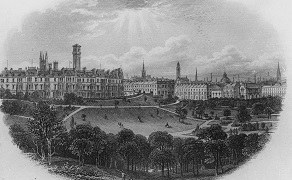
Funded by the Royal Society of Edinburgh, this project creates an interactive network of scholars, without barrier to discipline or research experience, who use the Glasgow City Archives to research any aspect of the city’s cultural history, with a particular slant towards Music.
Tinnitus, Auditory Knowledge and the Arts
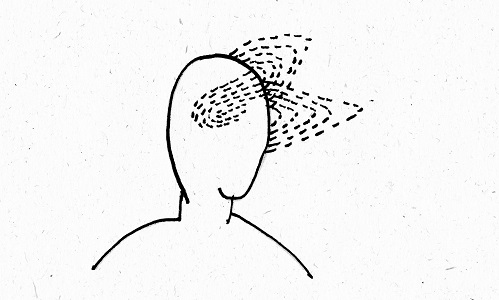
A two-year AHRC-funded project in collaboration with Oxford Brookes University’s Sonic Arts Research Unit, The British Tinnitus Association and Oxfordshire Visual Arts Development Agency, which will investigate how the arts might help to enrich understandings of tinnitus and the diverse ways it affects listeners.
Find out more
You can find out more about what is going on in OU Music by following us on Twitter, Facebook and by visiting our blog.
Discover our individual researchers and team of academics on our people page.
Request your prospectus
![]()
Explore our qualifications and courses by requesting one of our prospectuses today.
